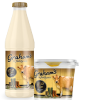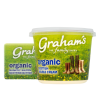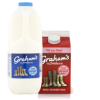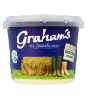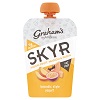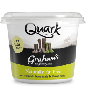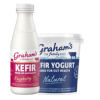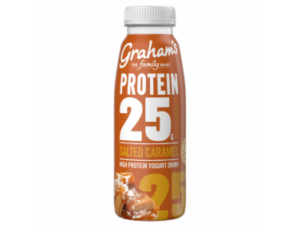
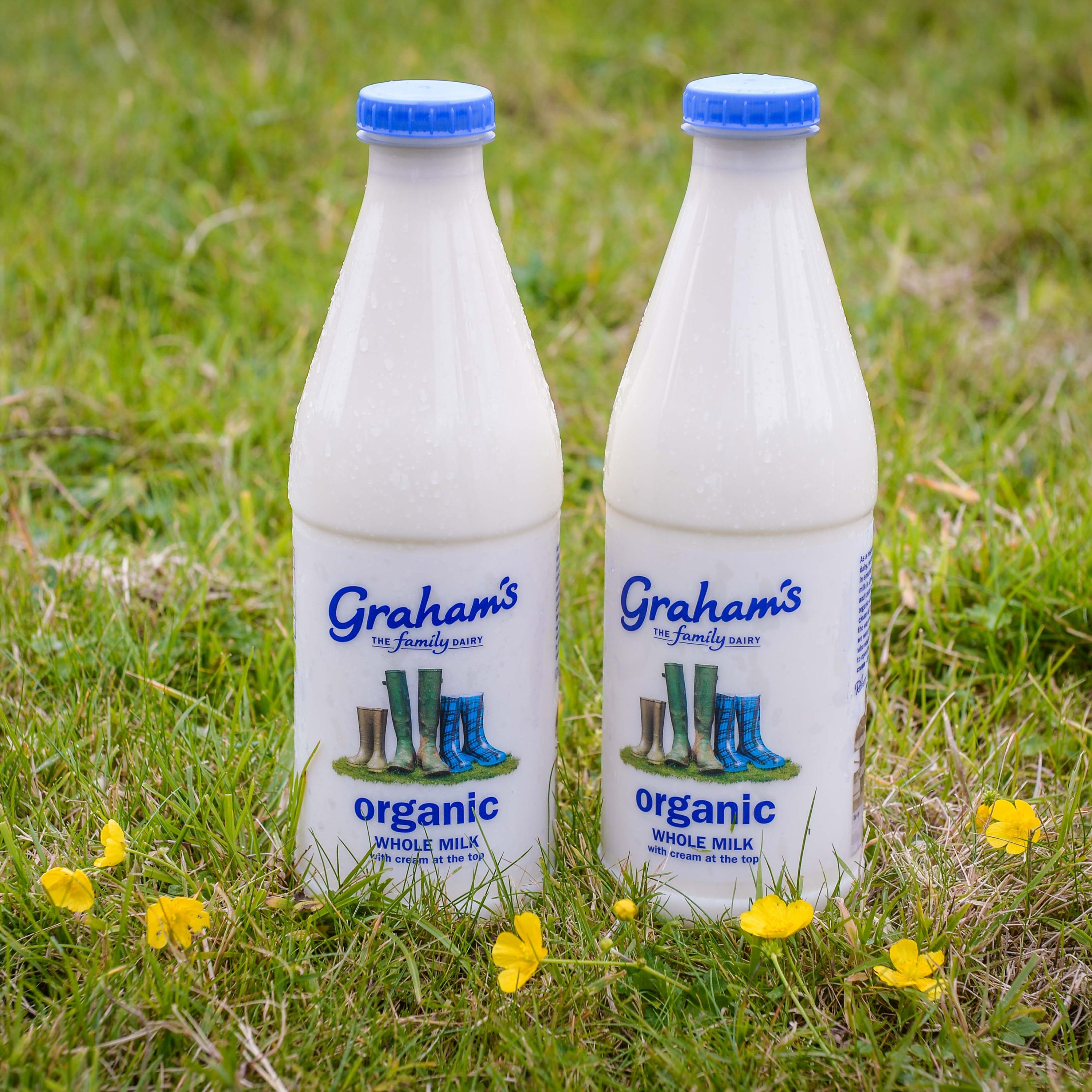
When we hear the word ‘organic’ some of us might be excused for thinking it’s the latest marketing buzzword, plastered meaninglessly across packaging in order to appeal to the more health conscious and ethical amongst us. While that might be true that organic farming is significantly better for our bodies and the environment, the whole organic movement is definitely no fad. So where did the organic movement come from? Let’s take a closer look at it’s history.
In the beginning
It’s easy to forget that prior to the latter half of the 20th century, traditional farming was all organic. This was simply because we didn’t have access to the scientific advances that modern agriculture takes for granted today; there were no inorganic methods so the concept of ‘organic’ as we know it today simply didn’t exist! One of the oldest and most resilient methods of farming for example is forest gardening, which of course is completely organic in it’s entire process. So as you can see, or probably knew already, the idea of ‘organic’ is nothing new. Quite the opposite in fact…
The fall of organic
The industrial revolution changed the world in more ways that we can imagine. It’s hard to picture a where we’d be today without the efficient mass production techniques and labour-saving technologies that we employ. Farming and the production of food and drink however might not be that hard to envisage; it would likely be much the same as it was back before the industrial revolution allowed us to use inorganic methods. It was so significant a change in process that almost all the scientific research done on agriculture has focussed on inorganic methods rather than the much older and established ‘organic’ ways.
…and its return!
However, it wasn’t long into the 20th century that a movement promoting the goodness of organic farming began in reaction to the industry’s reliance on synthetic fertilizers, feeds and pesticides. From the 1940’s to today the ‘organic’ movement has grown stronger and stronger, after all it’s become a byword for ethical, healthy lifetsyles too. Did you know that organic produce is better for the environment and often better for your health too? It’s perhaps no wonder that supermarket chains such as Whole Foods sprang up to provide customers with an entirely organic offering!
Have you been an organic convert for a long time? Or perhaps you’re interested in seeing what the difference is? Let us know what you think of our organic range if so. There’s butter (salted and unsalted), cream, milk and even whole milk (with cream at the top)… so you’re sure to find something that’ll fit into your diet or even that next recipe you’ve got bookmarked!

